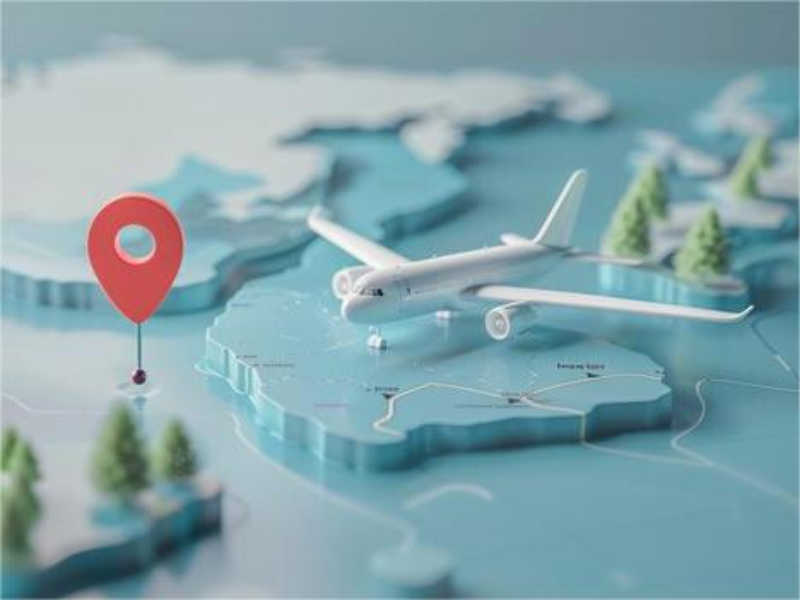- GPS spoofing attacks have surged by 400%, and they can now manipulate both the position and time systems on commercial airliners, raising new safety concerns.
- The disruption of onboard clocks and encrypted communications due to GPS spoofing highlights the growing vulnerability of GPS-reliant aviation systems, particularly in conflict zones.
OUR TAKE
The recent developments in GPS spoofing represent a significant shift in the cybersecurity landscape of aviation. While these attacks may not pose an immediate crash risk, the ability to manipulate time on aircraft introduces a new layer of complexity that could lead to serious safety issues if not addressed. The aviation industry must prioritize enhancing the security of GPS-reliant systems, as the growing accessibility of spoofing technology makes it a looming threat to global air travel. Robust countermeasures are essential to safeguard both the positional and temporal integrity of flight operations.
-Lilith Chen, BTW reporter
What happened
GPS spoofing attacks, which manipulate the signals that aircraft rely on for navigation, have surged by 400% in recent months, as reported by the aviation advisory body OPSGROUP. These attacks have typically been associated with conflict zones, where they are used to mislead drones and missiles by broadcasting incorrect positional data. However, at the DEF CON hacking convention, cybersecurity researchers disclosed a troubling new capability of GPS spoofing: the ability to alter the time systems onboard commercial airliners. Ken Munro, founder of Pen Test Partners, a British cybersecurity firm, pointed to recent incidents where spoofing caused aircraft clocks to jump forward by several years. This disruption led to the failure of digitally encrypted communications, ultimately grounding the affected planes for weeks as engineers manually reset the systems. Although these time distortions do not pose an immediate crash risk, they raise significant concerns about the potential for a cascade of minor issues to escalate into serious aviation incidents.
Also read: Can Apple’s AirTag be equivalent to GPS tracker?
Also read: Microsoft blames Delta Air Lines for prolonged global cyber outage
Why it’s important
The manipulation of time on aircraft poses a significant and evolving risk to aviation safety, with the potential to trigger a cascade of seemingly minor issues that could escalate into major problems. While Ken Munro of Pen Test Partners emphasised that GPS spoofing alone is unlikely to directly cause a plane crash, the disruption it causes to onboard systems, such as encrypted communications, introduces a new and complex threat. This surge in spoofing attacks, especially around conflict zones, highlights the growing vulnerability of GPS-dependent systems, which have largely supplanted older, ground-based navigation methods. The ability to distort both positional and temporal data using relatively simple and inexpensive technology is becoming an increasingly pressing concern for airlines and regulators. As the aviation industry continues to evolve, ensuring the integrity of both positioning and timing information will be critical to maintaining flight safety in an increasingly digital and interconnected world.

